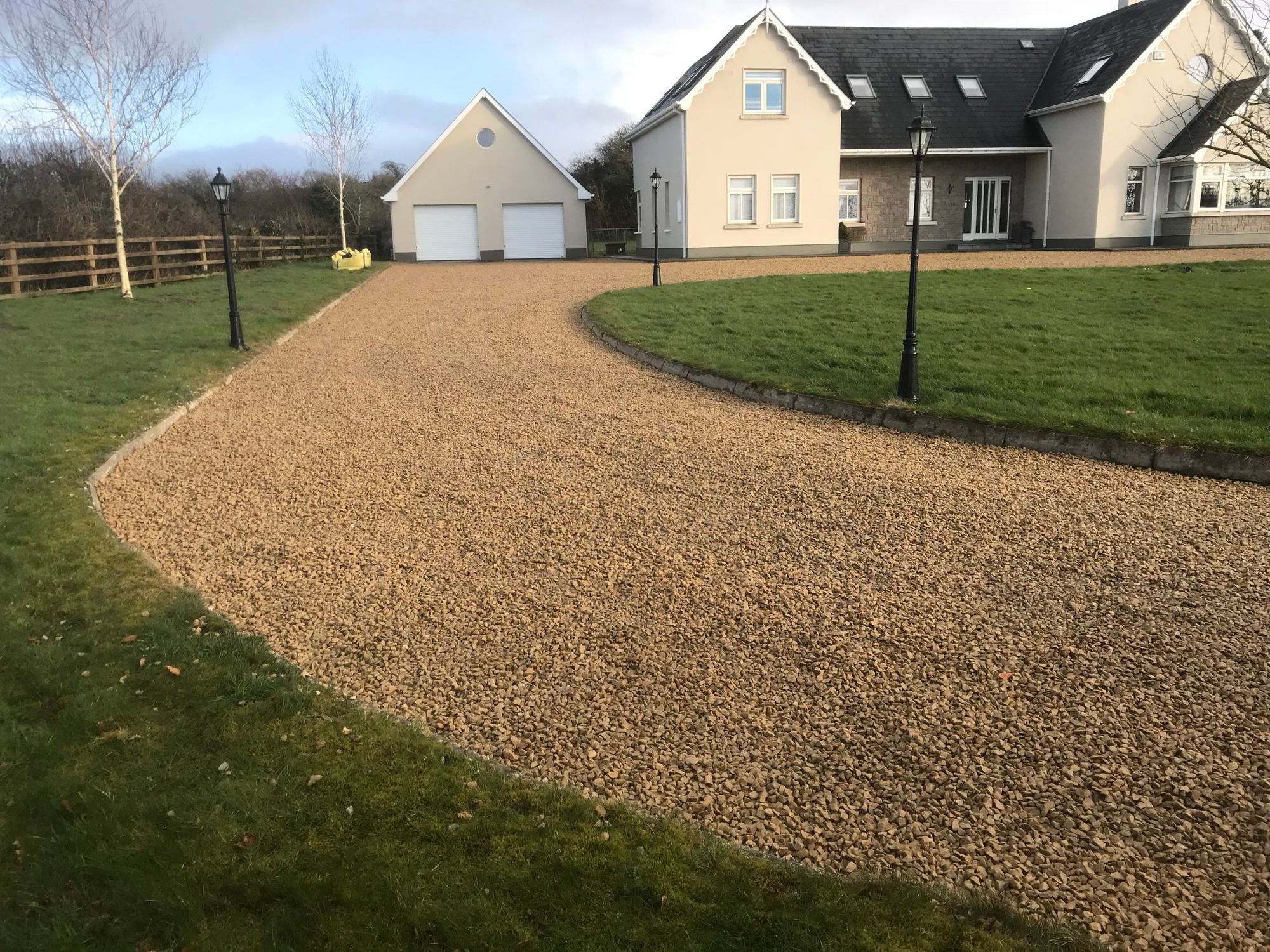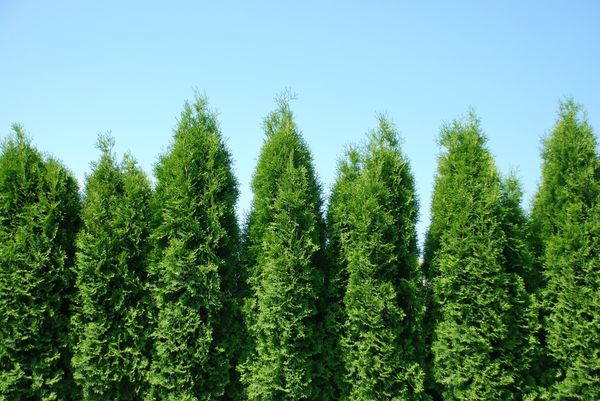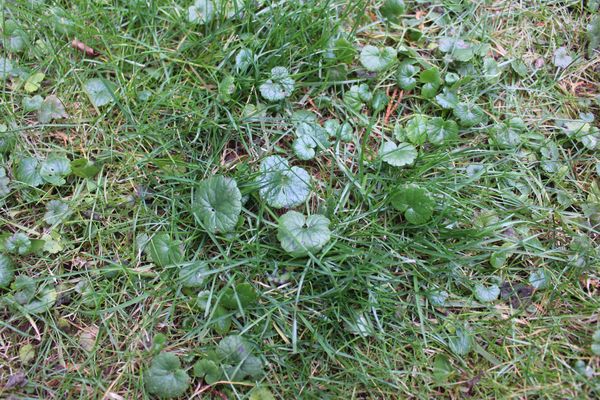A gravel road or walkway may quickly become overrun with weeds, and removing them all by hand can be time-consuming and physically taxing. An herbicide may become your closest buddy in the situation.
Choosing a herbicidal solution from an unlimited array of options may be challenging. However, having more knowledge about your options can help you choose more intelligently.
Over the years, I've tried several weed killers for gravel roads and walkways; consequently, I have some clear favorites. To help you in making a more educated decision, I'll define specific terms used while discussing herbicides in this post and share my choices.
Top Gravel Weed Killers
Here are our top suggestions if you're looking for the fastest ways to clear weeds from your gravel driveway or walkway.
For Gravel Driveways, Choose Weed Killer
There are several types of herbicides available. Knowing the characteristics and applications of each kind might help you choose which is ideal for your weed-killing need.
Spray vs. Granular Weed Killer vs. Herbicide
Depending on your choices and requirements, pre-emergent (preventive) and post-emergent herbicides are available in either a liquid spray or a dry granular form.
According to a Purdue University research, a liquid spray tends to function better than a granular herbicide unless you choose a variety that mainly targets roots. Liquid sprays are simpler to apply consistently and may be used as a spot treatment.
However, granular herbicides often need less product volume and are simpler to apply over broader areas, mainly if you invest in a broadcast spreader. There is less drift and blowback if you live in a windy region.
Organic Vs. Synthetic
The substances that organic and synthetic pesticides utilize to kill weeds are different. Natural substances are used in organic herbicides.
Ingredients in synthetic pesticides may be poisonous to both people and animals. Additionally, they could affect the ecosystem. This covers adverse impacts on animals and the chance of runoff into nearby water and water sources.
Our Pick for Organic Weed Killer
All organic herbicides are non-selective. Thus additional caution should be used when using them close to the margins of walkways that border lawns, borders, and other areas of vegetation that you want to maintain. Details are provided below.
Organic weed killers often include the following ingredients:
- 2-Phenethly propionate
- 5-7% Acetic acid (vinegar)
- Ammonium Canongate
- Citric acid
- Corn gluten mill
- Cinnamon, citrus, clove, clove leaf, and lemongrass oil are eugenol essential oils.
- Herbicidal soaps with long-chain fatty acids
- Lauryl sulfate sodium
Our Pick for Synthetic Weed Killer
Herbicide: Selective or Non-Selective
Non-selective herbicides attack whatever they touch, whereas selective herbicides exclusively attack weeds or certain varieties of noxious grass.
On gravel roads, I like applying a non-selective herbicide. After all, the objective is to eliminate everything that isn't gravel.
However, if you choose to use a selective herbicide for a gravel route as opposed to a non-selective one, you face the risk of just eliminating part of the undesired weeds and grass in your gravel.
If you decide to use a selective herbicide, make sure you are aware of the weeds you have developed and choose a substance designed to eradicate them.
Prepared or Concentrated
While concentrated herbicides must be diluted with water before use, the ready-to-use herbicide is ready to distribute or spray.
I wouldn't say I like mixing concentration. Thus I like ready-to-use recipes. Splashing is always a possibility.
But purchasing concentrate might help you save money. Additionally, you may make your weed-killing combination stronger for kinds that are more difficult to eradicate.
Review of Weed Killers for Gravel Areas
I've tried a lot of weed killers for my gravel road over the years, and I've narrowed down my favorites to a tiny group.
The ones that function best and are most cost-efficient are the ones I keep returning to. I'll start the list with my favorite synthetic and organic weed killers, then add my other two favorites to complete the list.
Organic Weed and Grass Killer Green Goblin
Among organic herbicides, Green Goblin is my fave. It is post-emergent, non-selective, and works quite well on crabgrass, foxtail, and broadleaf weeds on my gravel drive.
Because Green Goblin only includes OMRI-listed components, all essential oils, I feel secure using them. As a result, I can relax regarding toxicity. Cinnamon oil, citric acid, clove oil, rosemary oil, sesame oil, and thyme oil are on the list of components. When used as instructed, it's secure for both people and animals.
Not all natural herbicides are effective. However, after a few hours of spraying this to my gravel road, undesired flora begins to die.
Depending on the amount of the area you need to treat, you may purchase this herbicide in either a 24-ounce or a gallon-sized bottle.
Pros
- Use organic products around children and animals.
- Non-selective.
- It is packaged in a ready-to-use aerosol container.
Cons
- Since the primary components arise after the fact, prevention is not possible.
Roundup Ready-To-Use Weed & Grass Killer
For avoiding and getting rid of unwelcome weeds and grass in your gravel, there is simply no substitute for Roundup. You may spray the whole driveway as a prophylactic measure as it includes a pre-emergent herbicide. You can spot spray when anything emerges that you don't want. However, it also functions as a post-emergent tool. In 3 hours, you'll be able to see the results.
Glyphosate isopropylamine salt, pelargonic acid, and associated fatty acids are the major components of Roundup. These components combine to create a non-selective killer that will effectively get rid of the majority of weeds and broadleaf grasses.
There are 170.24 ounces of product in this ready-to-use formulation. You may create a protective plant shield over a particular plant you wish to destroy using the sure-shot wand and prevent unintentionally spraying a plant you want to maintain.
As soon as the treated area has dried, children and pets may walk on it.
Pros
- Unrestrictive and available for usage.
- After ten minutes, become rainproof.
- A barrier to protect against overspray.
Cons
- Greater price than similar goods.
- Super Weed and Grass Killer by Ortho.
Ortho GroundClear
Since Ortho GroundClear penetrates to the roots, nothing you spray should reappear. Within hours, you'll see that it's working as the weeds start to wilt. Within a week or two, they will eventually die back.
Fluazifop-P butyl, Dicamba, and Diquat dibromide are the active components of Ortho GroundClear. You may use them either before weed seeds germinate or after they emerge since they collectively address pre-emergent and post-emergent weed and grass demands.
This solution may kill up to 175 distinct kinds of weeds and undesirable grasses since it contains such a wide variety of chemicals.
Ortho GroundClear is available in three distinct ready-to-use forms: as a refill, with a comfort wand, and as a trigger. For more tenacious weeds, you may also get it in a highly concentrated form.
Pros
- Kills at the source
- Performs as a specialized pre- and post-emergent
- Within 15 minutes of application, rainproof
Cons
- Being selective, it may not completely eradicate all weeds and grass
RM 18 Fast Acting Grass and Weed Killer Concentrate
A fast-acting herbicide, RM18 begins to function as soon as it has absorbed into the leaf. I've used it to get rid of overgrown brush on gravel walkways and have found it to be quite effective on grass and broadleaf weeds in my gravel driveway.
Everything I spray with RM18 usually begins to wilt and turn yellow within a day and dies within a week.
The fact that RM18 deactivates when it contacts the soil and that there are no re-entry limitations for humans and dogs after the spray has dried is one aspect of it that I like. Glyphosate, isopropylamine salt, and diquat dibromide are the active components.
It has a dilution rate of 16 ounces per gallon of water and is available in quart, gallon, or 2.5-gallon containers.
Pros
- No lasting consequences on the ground
- No limitations on re-entering after drying
- Long lasting concentration
Cons
- Further applications may be necessary on weeds that are tenacious or difficult to eradicate.
Verdict
The best herbicide for gravel depends on whether you'd like a natural or synthetic chemical.
Green Goblin is my go-to organic product. It is a post-emergent that instantly destroys whatever it comes into contact with. When used as instructed, the wide variety of organic essential oils provides comfort.
Meanwhile, Roundup Ready-To-Use Weed & Grass Killer is my preferred synthetic. This post-emergent spot treatment destroys everything it touches and may be used before weeds develop, which is wonderful.
How to Prevent Grasses from Growing Weeds
Installing a weed barrier landscaping fabric below your gravel is an excellent idea to stop existing grass and weeds from encroaching on your stone.
Landscape Textile
The grass cannot grow through gravel or pebbles due to weed barriers.
It blocks light, water, oxygen, and nutrients from reaching plants, preventing them from growing upward into the gravel if you lay it down on top of already-existing grass and weeds. The absence of access to the subsoil further hampers weed and grass seed germination.
When Should You Use Herbicide On Gravel?
During busy growth seasons, I use post-emergent weed killers as a spot treatment when I discover a random weed. I return every 10 to 15 days after that to spray any new growth.
The ideal periods to apply a pre-emergent spray or granular herbicides on your gravel are early autumn and spring. Since the product produces a covering around the seed to stop it from sprouting, they are only helpful for use on sources that have not yet germinated.
Select a day that is warm, calm, and sunny (above 60°F) for spraying weed killers. Avoid using it just before it rains to prevent weed killer from entering storm drains and other water sources.
How to Use Weed Killers On Gravel
Herbicide should be applied to the gravel area for pre-emergent sprays and granules. Apply the product only to newly sprouting plants while post-emergent spot weeding. For the best outcomes, many individuals combine the two kinds.
Spray the targeted area with liquid herbicide until it is completely saturated. Spread granular weed killer over your gravel using a push spreader, a broadcast spreader, a hand-held spreader, or straight from the shaker container.
Avoid touching your eyes, skin, mouth, or clothing. After Use, Clean your hands with soap.
Final Thoughts
Start with a weed barrier to keep grass and weeds out of your gravel driveway and pathways. Use a pre-emergent, such as Roundup Ready-to-To prevent undesirable plants from growing amid the pebbles, and use weed and grass killer. Either Green Goblin and Grass Killer or Roundup make it simple to get rid of stray weeds and grass that start to grow over time. You're sure to get excellent results no matter which of the top weed killers you choose.
Not all weed killers on the market are equal, as many weed killers provide varying results based on their formulation and mode of action. For reliable weed control on gravel driveways and paths, choosing the best weed killers is crucial. Out of many, the green gobbler vinegar weed killer stands out as a natural weed killer, efficient at eradicating existing weeds without causing undue harm to the environment.
However, it's worth noting that while chemical weed killers can provide quick and effective results, natural weed killers present a safer, more eco-friendly alternative. These products are excellent at combating weed growth, especially in tough terrains like gravel paths. They not only target the unwanted weeds but also ensure your gravel paths remain intact, and the surrounding flora is unharmed.
Remember, the key to maintaining a weed-free driveway or path is not just eliminating existing weeds, but also taking preventative measures to control weed growth. Therefore, understanding the different weed killers available, their pros and cons, can guide you in selecting a product that will eradicate existing weeds and prevent weeds from growing back. Regardless of the choice, the ultimate aim should be achieving a balance between efficacy and environmental safety.






